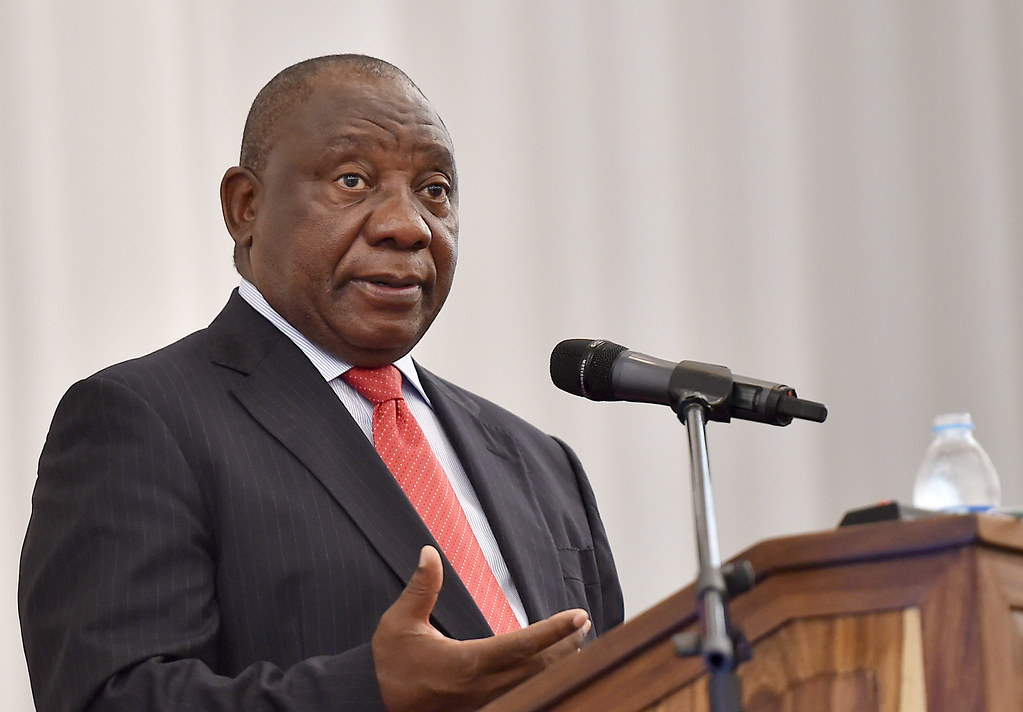South Africa’s upcoming elections loom large, casting a shadow of uncertainty over the future of the country and the African National Congress (ANC) party. President Cyril Ramaphosa faces two critical challenges, both born within his own party, threatening to derail his re-election bid and reshape the nation’s political landscape.
The spectre of former President Jacob Zuma continues to haunt the ANC. Despite facing corruption charges and public disapproval, Zuma retains sway among certain segments of the population, particularly in his home province of KwaZulu-Natal. His newly formed party, uMkhonto WeSizwe, threatens to split the ANC vote, potentially costing them crucial seats.
This internal division exposes deeper fault lines within the ANC. The party grapples with factions divided by ideology, personal ambitions, and allegations of corruption. Reconciling these differences and presenting a united front will be crucial for Ramaphosa to consolidate his leadership and rally support.
South Africa’s chronic power cuts stand as a stark reminder of the ANC’s past failures in infrastructure development. Despite promises to end rolling blackouts, the situation has worsened, causing economic disruption and deepening public frustration. This erodes trust in Ramaphosa’s ability to deliver on his promises and casts doubt on the ANC’s competence to effectively govern.
Recent polls suggest a real possibility of the ANC losing its majority for the first time since 1994. This could force the party into forming a coalition, marking a significant shift in South Africa’s political landscape. However, predicting the outcome remains difficult, as other parties also face internal challenges and lack broad national appeal.
On the campaign trail, Ramaphosa often evokes the ANC’s past successes, appealing to nostalgia and hoping to rekindle trust. However, voters increasingly seek solutions to current challenges, not just reminders of past glories. His ability to offer a credible roadmap for addressing the power crisis, reviving the economy, and tackling corruption will be key to convincing voters to look beyond the party’s shortcomings.
The outcome of the elections will have far-reaching consequences for South Africa. A weakened ANC could usher in a period of political uncertainty and instability. On the other hand, a renewed mandate for the party could be seen as a validation of its legacy but also carries the burden of addressing long-standing problems. Regardless of the victor, South Africa faces a challenging path ahead, needing strong leadership and decisive action to address its multifaceted issues and ensure a brighter future for its citizens.

